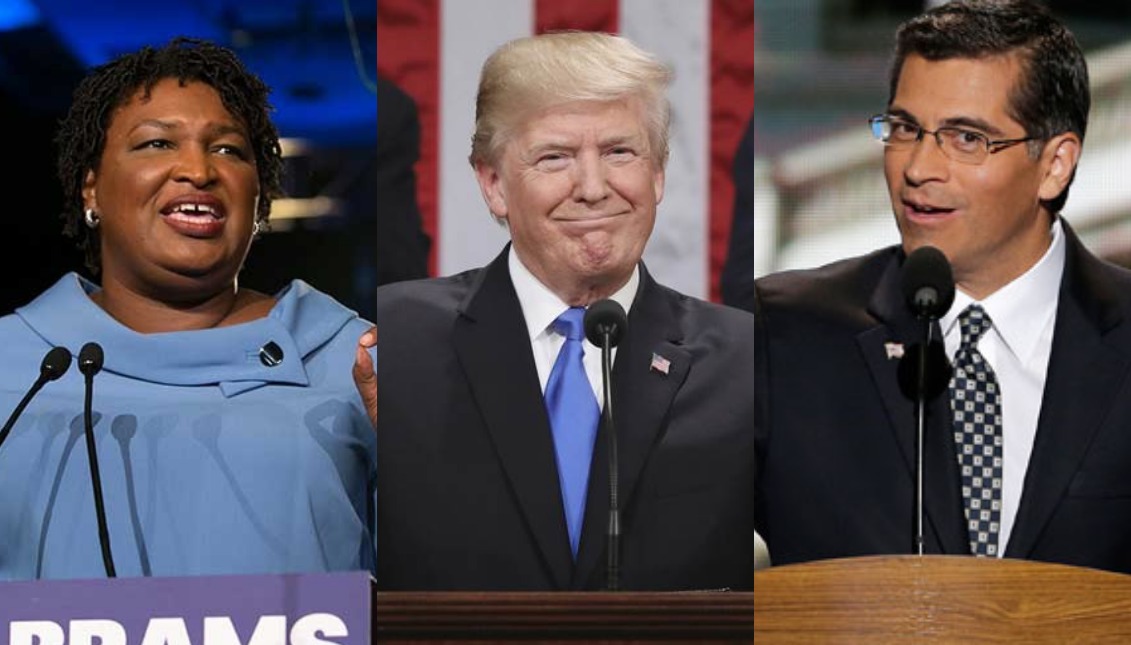
The State of the Union - or how the country is now a divided audience
For more than one hundred years, the State of the Union speech has been a tradition in which the President of the United States attempts to unify the country…
“The country, I am thankful to say, is at peace with all the world, and many happy manifestations multiply about us of a growing cordiality and sense of community of interest among the nations, foreshadowing an age of settled peace and goodwill,” read President Woodrow Wilson on December 2, 1913 during the first State of the Union address.
More than a hundred years later, one cannot but remember with melancholy the era in which the president's message was an honorable gesture that inspired respect, even if the two-party system fought tooth and nail in the halls of Congress.
Much of Donald Trump's campaign was intended precisely to break with traditions and political correctness in the Washington establishment, even if it meant destroying democracy as an institution.
Even worse is the fact that his speech as the country's leader has lost credibility - here at home, and abroad - and his public appearances are increasingly perceived as comical episodes, and less embodying of the voice of a nation that leads the free world.
Gone are Roosevelt's "four freedoms," or Lyndon B. Johnson's promise to "cure and prevent" poverty. Today, the State of the Union is a mechanism of control for a president who feeds off the attention of the cameras, which only seems to give in to the threat of not being able to take center stage.
After Trump's shutdown of the government over the border wall with Mexico, the House Speaker Nancy Pelosi decided to fight fire with fire, denying him the House floor to give the annual address until the government reopened.
It was the first time the president has lowered his fists and yielded.
This is the most latent symptom of a country divided into two realities: one in which the president updates the country from the screen of his phone, and the one that the citizens try to live in.
Worse still, the back and forth between Trump and the Democratically controlled House of Representatives has transformed the State of the Union into the symbol of a divided nation.
RELATED CONTENT
Julia Azari, a political science professor at Marquette University, defined this as "the demise of the loyal opposition."
"Democracy requires that those with opposing viewpoints be able to argue - even to the point of incivility - without their disagreement jeopardizing democracy’s survival," she writes. "Loyal opposition, in other words, is the idea that the conflicting sides can compete and debate without seriously challenging the legitimacy of the system."
This is precisely what is happening.
Presidential tantrums and Pelosi's "punishments" alike insist on pouring water on a democracy with holes in it.
Following Democrats' announcement about who will give their response to Trump's speech, the reality of political proselytism and an early campaign for 2020, is evidence of the nation's despair.
Former Democratic candidate for governor of Georgia, Stacey Abrams, and the Attorney General of California, Xavier Becerra, will give responses to the president, in English and Spanish, respectively.
This announcement comes after Julián Castro, Kamala Harris and Corey Booker have announced their presidential candidacies.
Democrats must keep in mind, however, that to beat Trump in his re-election bid, they will have to do much more than put Hispanics and people of color on the front lines.











LEAVE A COMMENT:
Join the discussion! Leave a comment.